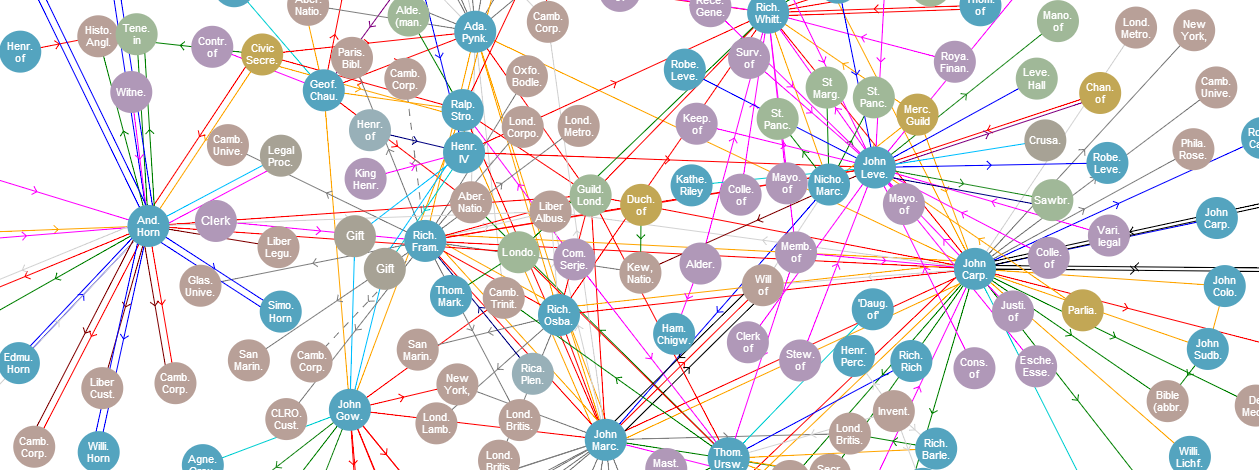The aim of the projects in the University of Toronto’s ‘Making Medieval Manuscripts’ cluster was to use and refine new as well as existing digital technologies to advance our knowledge about the individuals, institutions and communities in both the medieval and the early modern periods, which made and used medieval books.
In the Digital Humanities, proof-of-concept demonstrations involving tools and methodologies in interoperating environments are sometimes presented as scholarship, whereas the Toronto projects seek to raise the scholarly profile of digital manuscript collections and tap into the enormous research energy in the field of book history at this present time, specifically in the study of the medieval book. This should provide the opportunity to encourage the addition of affiliated research from influential scholars working in the fields of English literary studies, history, art history, medieval Anglo-French and Latin studies, palaeography, codicology and historical linguistics.
Work at Sheffield focused on the identification of scribal hands and the provenance of a number of manuscripts in the Parker on the Web collection which were either produced or used in London in the late fourteenth and early fifteenth centuries and which made their way into Parker’s collection. The hypothesis to be tested was that at this period, London became a ‘hub’ for the production and circulation of medieval books. The activities of manuscript producers and consumers helped to fashion and influence the political, social, religious and literary culture of medieval England and the complex social networks thus created will be formally documented. This ‘cultural mapping’ was plotted using network software developed by The Digital Humanities Institute and made available for enhancement by other scholars in the future.
Website
Advisory Group
- Alexandra Gillespie (University of Toronto)
- Linne Mooney (University of York)
- Wendy Scase (University of Birmingham)
- Andrew Prescott (King’s College, London)
- Kari Anne Rand (University of Oslo)
- Jonathan Hsy (The George Washington University)
Project Team
- Dr Estelle Stubbs (Principal Investigator – University of Sheffield)
- Jamie McLaughlin (Developer – The Digital Humanities Institute)
- Ryan Bloor (Developer – The Digital Humanities Institute)
